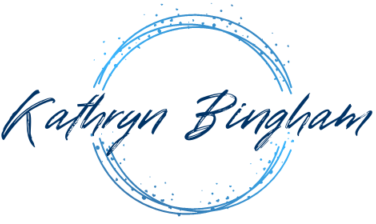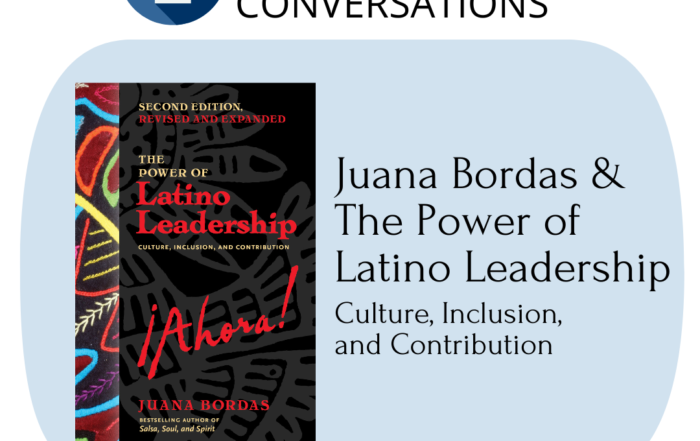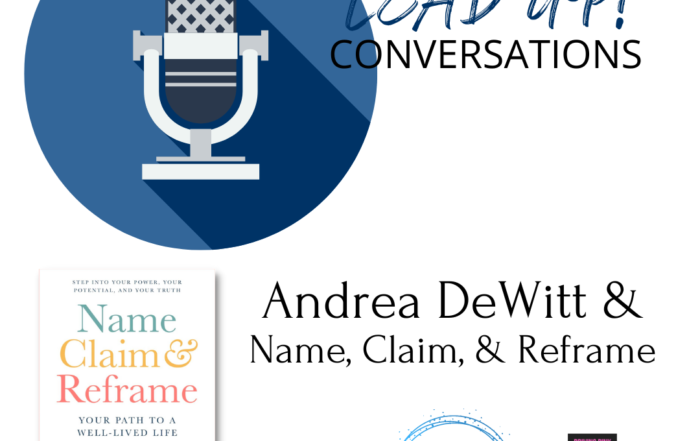Leadership Manifesto

News media, particularly over the past decade, tends to suggest leadership failure as the norm. Reporting blunders, from foolish faux pas to serious ethical breaches, invites us to believe that great leadership is so rare as to be hardly attainable. When things go wrong, we see the painful outcomes in print, broadcast on television, and via a plethora of internet sources. The details of a given failure repeat until every last drop of revenue-generating story have been squeezed from each event. We cannot allow such a skewed slice of reality to diminish the positive impact of true leadership.
Leadership failures exist, often with disastrous results. Great leaders also exist, and in far more prevalent numbers: Women and men, who quietly (or not so quietly) go about their lives and work, demonstrating daily a form of leadership that aligns purpose and execution towards making a difference for themselves, their organizations, their families, and their communities. Even more encouraging, all individuals willing to commit to learning and development can, in fact, increase their leadership capacity, because leadership can be taught.
Beyond Position and Authority
Often the term “leader” is used to describe a person holding a position with some level of power or authority. Let’s be more precise. A leader demonstrates leadership, regardless of whether he or she serves in a role with positional power or authority. Of course, we hope individuals holding top organizational, educational, or governmental roles demonstrate leadership.
What does “demonstrating leadership” entail? A current search of “leadership” in books on Amazon returns close to 182,000 results, with more texts added each week. Despite this overwhelming abundance, scholars present an overlapping list of critical attributes and competencies we associate with leadership, including the following selection:
- Authenticity – presenting a self free from artifice
- Integrity – honest, principled, and ethical communication and behavior
- Contextual Intelligence – integrates a past-present-future understanding of experience, knowledge, and context to accurately identify issues, create strategies, and execute effectively
- Problem framing / setting – understands and communicates issues for optimal analysis, generation of alternatives, and selection / implementation of solutions
- Differentiates technical (know solution, just need to execute) versus adaptive (problem requires new or unique thinking and approaches) work
- Creates shared vision and commitment
- Engages stakeholders in collective leadership
- An ability to simultaneously be self and situationally aware
In addition, leaders identify and focus on priorities and operate with emotional intelligence. Leadership today requires a capacity to comprehend and respond to complex, uncertain, and ambiguous environments of rapid change. Leaders not only must understand how to leverage data, decisions, and actions within organizations, but take into account the implications of strategies and execution in global and social contexts.
Emerging, Experienced, Exceptional
As a leadership scholar and executive coach, I’m often asked whether leaders are “born or made.” The answer is clear. Individuals may demonstrate some measure of leadership competency innately; however, we each possess the potential to develop our leadership.
Emerging leaders begin their journey with both observations of others who serve as real or aspirational examples. Parents, teachers, coaches, and early bosses each play a role in helping a person to see authority in action. How these reference models speak, behave and engage shapes perceptions of leadership. At this stage, emerging leaders can invest in learning tools, building self awareness, and practicing leadership competencies that lead to successful influencing, collaborative endeavors, and project or team work.
Experienced leaders scale up in terms of expanding their learning and applying personal leadership to more complex and diverse situations. Women and men who become experienced leaders learn to think in terms of whole systems, and build networks to facilitate an exchange of knowledge and resources. These individuals move to more significant roles, and have to increase their understanding and application of leadership in order to succeed. Growth can be attributed to intentional learning, breadth of experiences, feedback mechanisms, and maturity.
Exceptional leaders operate, quite literally, at levels above others in their thinking and “being.” These men and women see the world holistically, with a system of systems mindset. Their self and situational awareness facilitates analysis and collaboration on a broad scale, grasping the secondary and tertiary effects of decisions and strategies. Exceptional leaders build relationships and enable collective leadership. They possess a clear understanding of their own mission, and incorporate an integrated approach to personal and organizational leadership.
The most current data indicates organizations collectively invest billions of dollars in leadership development. A critical question involves whether these investments result in targeted individuals acquiring both the competencies and capacity to lead exceptionally.
Shifting From Competency to Capacity
Traditional modes of leadership development may fall short of enabling exceptional leadership. Higher education and corporate learning programs most frequently focus on expanding a leader’s body of knowledge and competencies around what to do in a given scenario. Increasing capacity, however, requires something more. In a Center for Creative Leadership white paper, Nick Petrie* summarizes this pivotal thinking. Citing the research of Robert Kegan and Bill Torbert, Petrie suggests a need to facilitate adult development. Movement that actualizes new developmental levels expands a leaders capacity to comprehend and successfully engage within and across increasingly complex environments.
An emerging theory of transformative leadership development suggests we can, in fact, help leaders to develop expanded leadership capacity. Employing the theory’s developmental cycle benefits both the individual seeking to advance his or her own leadership and programs charged with cultivating leaders within groups. Key components leverage intentional learning design (e.g., learning space, discourse, and other transformational learning elements) and opportunities for reflection. Such strategies surface assumptions, beliefs, and values, build self-awareness, and create potential for personal and professional growth. A commitment to ongoing learning and development nurtures a leader towards exceptional leadership.
Curiosity, Courage, and Openness
Active development taps a leader’s curiosity, courage, and openness. The process begins with curiosity.
Curiosity suspends judgment during ongoing inquiry of self, environment, events, and others. Curiosity enables leaders to access and test connections between known and previously unknown information and realities. Willingness to surface deeply held beliefs engages a leader’s courage to critically assess underlying personal and organizational beliefs and actions. This introspection allows new or revised thinking to emerge. Leaders require an openness to consider and challenge previously unexamined thinking and assumptions within themselves, others, and situations.
The Leader’s Path
Even the most successful leaders encounter obstacles. Occasionally, a leader discovers a nagging sense of feeling stuck, dissatisfied, or diminished passion in work. A leader might be frustrated by not seeing or experiencing expected results. Past strategies and behaviors may not lead to anticipated outcomes in the current environment. New or adapted approaches often facilitate change, support personal and professional transitions, and move a leader toward achieving meaningful goals and objectives.
Any leader, who desires to elevate her or his leadership effectiveness and impact, can increase leadership capacity through positive, intentional development. While leaders can embark on a solo journey, partnering with an executive coach or like-minded group (masterminds, leadership development programs) tends to accelerate movement, sustain commitment, and increase goal attainment.
When the need for change is important enough, leaders take action. A first step might include refreshing his or her own leadership awareness, understanding and assessing cycles of behavior and habit, and initiating accountable change. Completing the form, below, provides access to Leadership Essentials—a free report on attributes shared by successful leaders, three barriers to leadership in life and work, and how to overcome these. A handful of follow on emails challenge the reader to examine topics more deeply or offer exercises to promote insight and action. [2023 Update: use our contact page to request this.]
Wherever you are on the leadership path, you have many options for generating momentum towards critical objectives. In my next post, we’ll explore some of the partnership opportunities leaders can leverage. After you access the Leadership Essentials report, please share a key take-away using your favorite social media (see links below) or by commenting on LEADistic’s Facebook community page.
*Resource information:
Robert Kegan currently serves as the William and Miriam Meehan Professor in Adult Learning and Professional Development, Educational Chair for the Institute for Management and Leadership in Education, and Co-director, Change Leadership Group at Harvard’s Graduate School of Education. His extensive research and publications address adult development, leadership, learning, and change.
Bill Torbert’s academic career included roles with Yale, Southern Methodist, Harvard and Boston College. He continues to teach and consult, focusing on leadership development and encompassing the concepts of Action Logics and Action Inquiry.
Petrie, N. (2011). Future trends in leadership development (white paper). Colorado Springs, CO: Center for Creative Leadership.
Thank you for visiting Dr. Kathryn Bingham’s blog! We invite your discussion at LEADistics’ community page. Fans and honest critics are welcomed! Please see our Comments Policy and reuse Permissions on the FAQ page. All posts are covered by copyright law, with all rights reserved.
Social Share
Recent Posts
LeadUP! Juana Bordas
This LeadUP! Conversation features Dr. Juana Bordas, president of Mestiza Leadership International and author of newly updated The Power of Latino Leadership (listen or watch here). Bordas shares how her immigrant experience shaped her leadership. [...]
Power of the Pivot
The idea seems simple. When something isn’t working, just change. Shift. Adapt. But our brain sabotages the effort. We’re convinced that if we just do better or try harder with our current path or process, [...]
LeadUP! Andrea DeWitt
In this LeadUP! episode, Dr. Kathryn Bingham and author Andrea DeWitt talk about her new book, Name, Claim & Reframe and how individuals can step into their power, their potential, and their truth. Both the [...]





